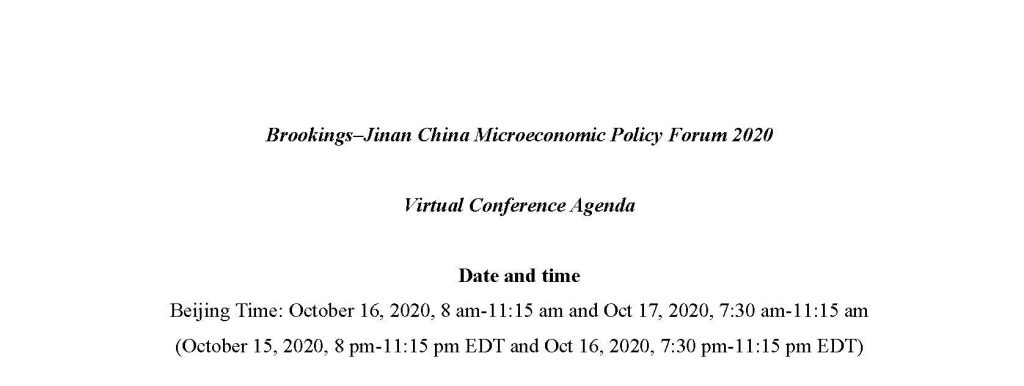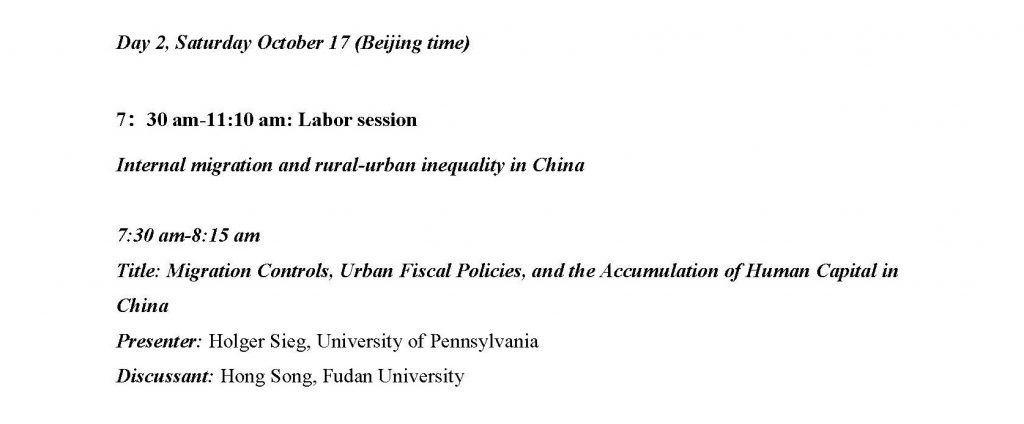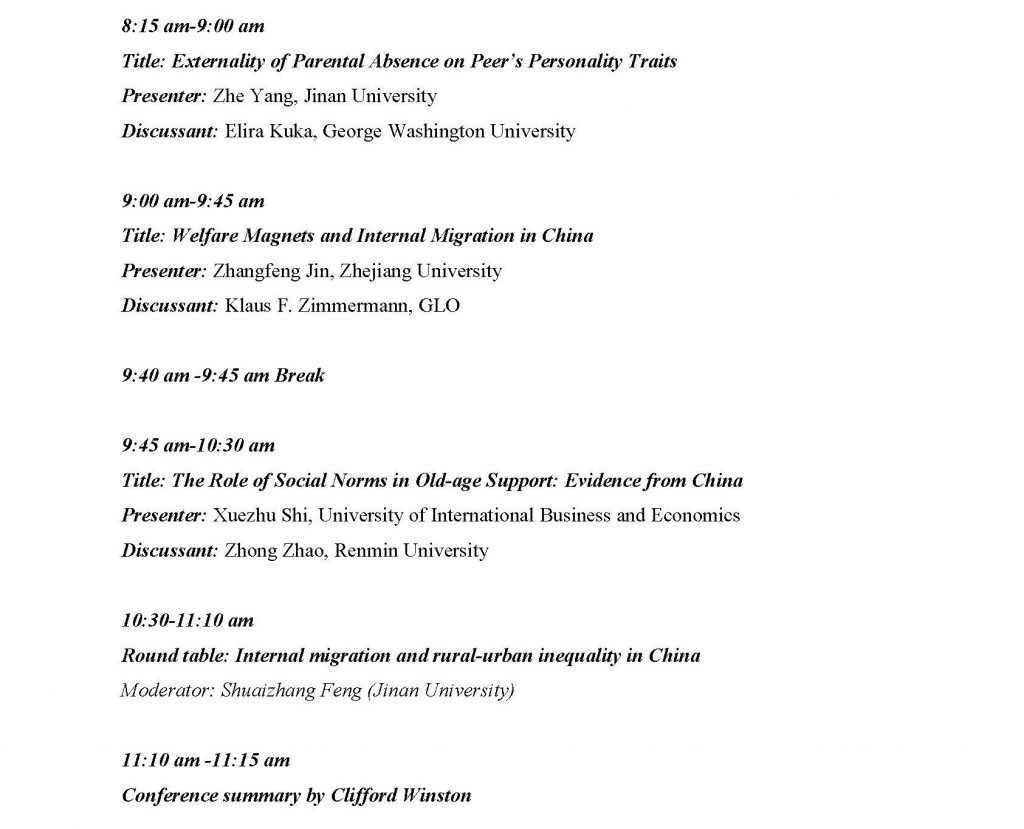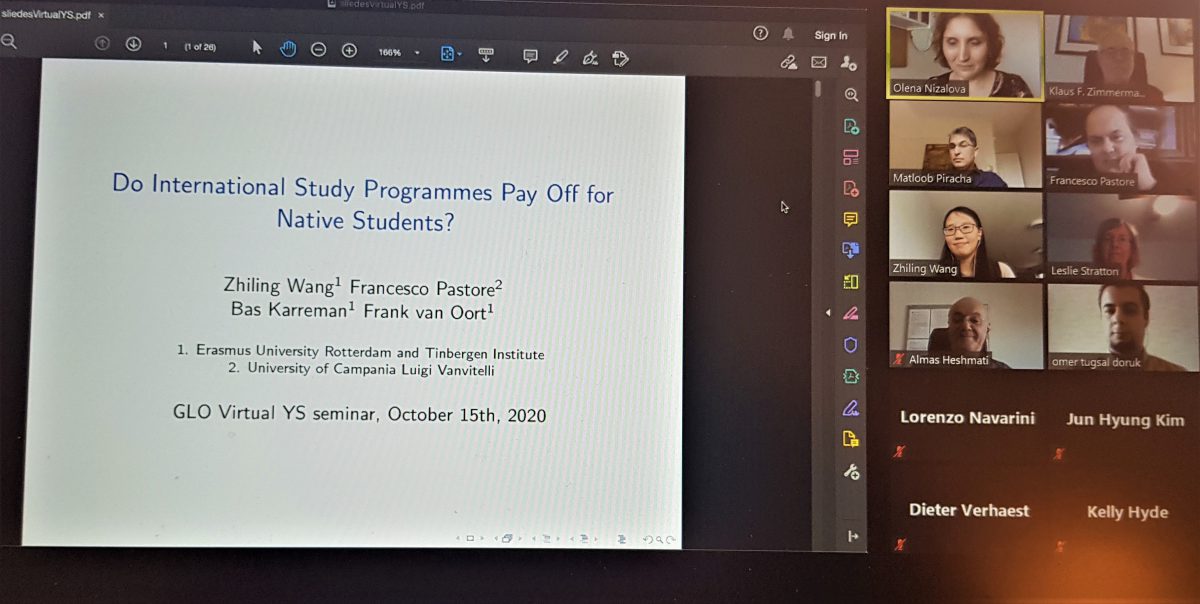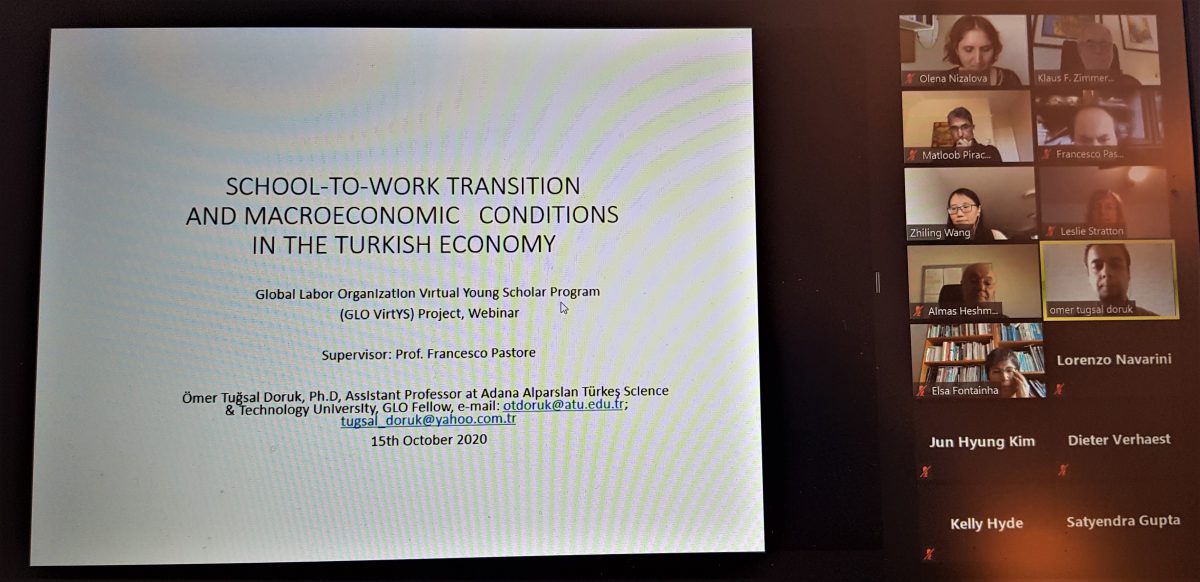A new paper published online in the Journal of Population Economics studies adolescent girls’ attitudes towards intimate partner violence and child marriage using data from rural Bangladesh. It further investigates how numerous variables relate to preferences for egalitarian gender norms in rural Bangladesh.
The Global Labor Organization (GLO) is an independent, non-partisan and non-governmental organization that functions as an international network and virtual platform to stimulate global research, debate and collaboration.
Measuring gender attitudes using list experiments
by M. Niaz Asadullah, Elisabetta De Cao, Fathema Zhura Khatoon, and Zahra Siddique
Published ONLINE: Journal of Population Economics, scheduled for issue 2/2021. Free Readlink – Download PDF
GLO Discussion Paper No. 658, 2020
GLO Fellows M. Niaz Asadullah & Zahra Siddique

Zahra Siddique 
Niaz Asadullah
Author Abstract: We elicit adolescent girls’ attitudes towards intimate partner violence and child marriage using purposefully collected data from rural Bangladesh. Alongside direct survey questions, we conduct list experiments to elicit true preferences for intimate partner violence and marriage before age 18. Responses to direct survey questions suggest that very few adolescent girls in the study accept the practises of intimate partner violence and child marriage (5% and 2%). However, our list experiments reveal significantly higher support for both intimate partner violence and child marriage (at 30% and 24%). We further investigate how numerous variables relate to preferences for egalitarian gender norms in rural Bangladesh.
Access to the newly published complete Volume 33, Issue 4, October 2020.
LEAD ARTICLE OF ISSUE 4:
Yun Qiu, Xi Chen & Wei Shi, Impacts of social and economic factors on the transmission of coronavirus disease 2019 (COVID-19) in China
Journal of Population Economics 33, 1127–1172 (2020). OPEN ACCESS
Over 27K journal downloads & over 80 Google Scholar cites as of October 18, 2020.

Ends;


